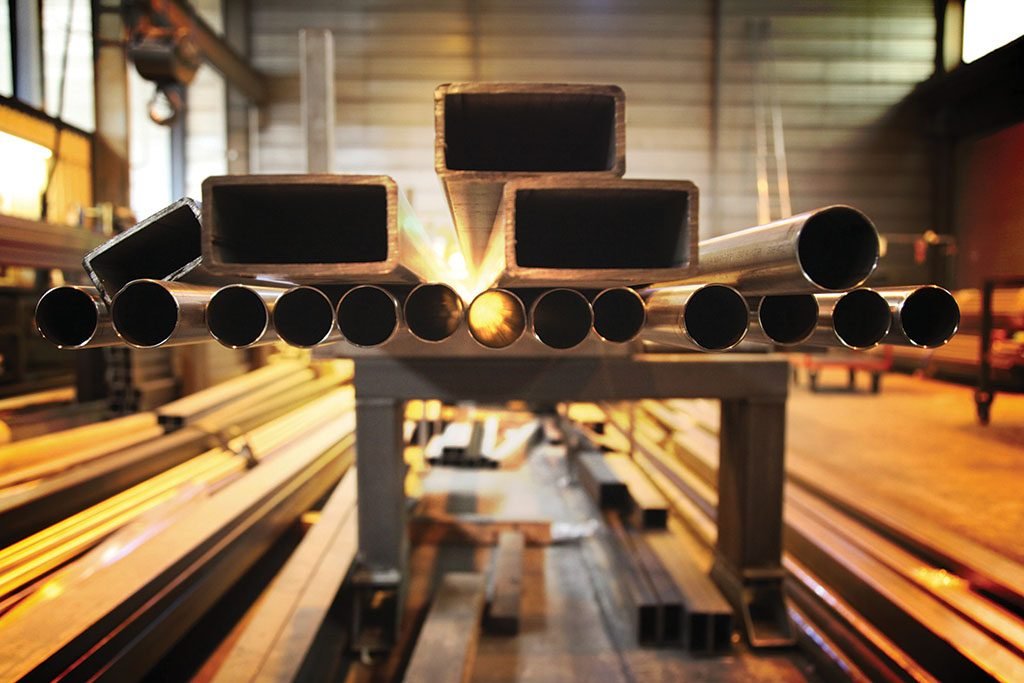New research indicates that the cost of construction materials has risen faster in the UK than in the EU since the Brexit referendum in June 2016.
Between 2015 to 2022 the cost of materials in the UK increased by about 60 per cent compared with 35 per cent in the EU over the same period, according to data sourced from the European Commission, EU member states and the UK government.
Wages in the sector also increased in the UK in comparison with some EU countries.
The analysis was carried out by the UK Trade and Business Commission (UKTBC), a cross-party and cross-industry group of experts examining the UK’s trading relationships following Brexit.
The UKTBC, co-convened by Labour MP Hilary Benn, is gathering evidence to assess the needs of the post-Brexit UK economy.
At a 19 January session of the UKTBC, D’Maris Coffman, director of the Bartlett School of Sustainable Construction at UCL, said that Brexit was driving up costs up for the construction industry as much as the energy crisis was.
She estimated that while the impact of the COVID-19 pandemic accounted for one-fifth of rising costs, “Brexit and the energy crisis are probably about two-fifths each, about 40 per cent each”.
The committee also heard that additional red tape due to Brexit was a particular problem for smaller firms.
Noble Francis, economics director at the Construction Products Association, said that the volume of construction product exports to the EU was 34.2 per cent lower in the third quarter of 2022 than the average volume between 2016-2018.
He said that smaller firms “have struggled with the additional resource cost, admin, bureaucracy-wise”, adding “that’s why you end up at a point where exports of construction products to the EU are still more than one-third lower than before”.
The UKTBC analysis also suggests that the labour costs of UK construction workers, incorporating both PAYE and self-employed operatives’ pay, is increasing faster than in some EU countries.
It cited figures from the Building Costs Information Service, showing wages in the UK increased by about a third between 2015 and 2021.
Over the same period, these salaries rose by 14.6 per cent and 14.1 per cent in Denmark and the Netherlands respectively.
The UKTBC has launched an economy-wide consultation to gather evidence on issues facing UK industries post-Brexit.






